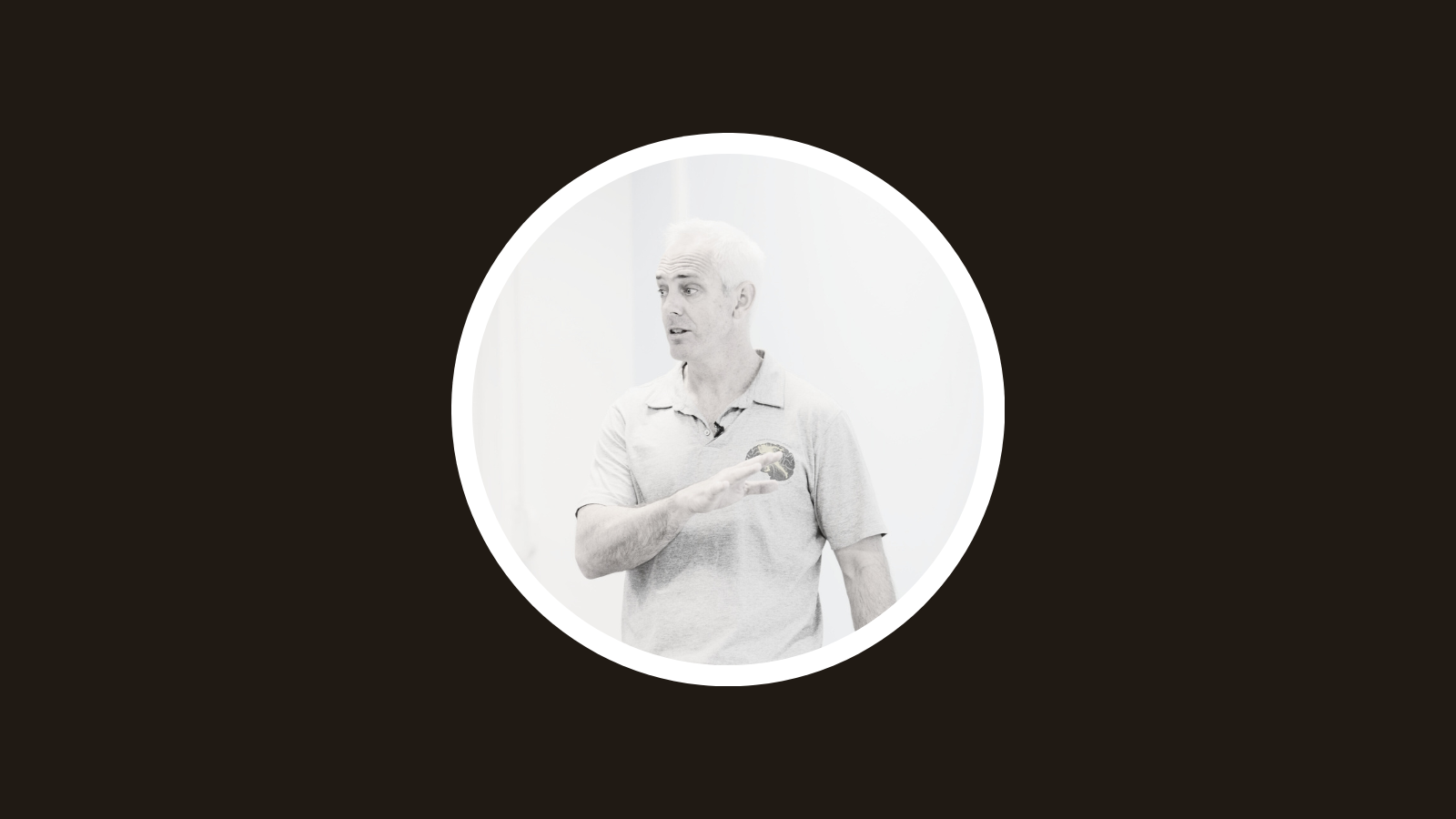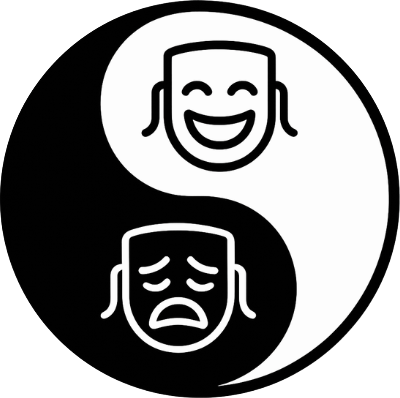#Verified: Dr Tim Gabbett
In a recent study of 8 million scientists, Australia's Dr Tim Gabbett was named one of the top 25 "most impactful sports scientists of all time". Of. all. time.
Tim has 25 year's experience as an applied sport scientist in an array of peak-performance environments – including two Commonwealth Games and three Olympic Games. With over 200 peer-reviewed articles and 400 conference presentations to his name, it's not hard to understand why Tim's head-hunted by teams and organisations around the globe.
Here, Tim talks to us about prepping early, training right, and accidentally running half marathons.

We're champions of the "mindset matters most" mantra at the Dojo. Can you talk to us about the role of the brain in peak performance?
Tim Gabbett: When you think about training, we're trying to take our athletes, our performers, to a place where they feel a little bit vulnerable – where they think they can't keep going. And what we're trying to do is test them. To show them that they're stronger than they think they are.
You can go one of two ways in that moment: you can give in and say, "No, this is way too hard", or you can dig in and find something you didn't realise you had. What I realised early on is that the body can deal with a lot more than we think it can. If you can control the brain and those sensations – if you can just capture them and pull them all together – you have the ability to put your body in places that you previously thought you couldn't.
Athletes and actors both "play" under pressure. How do you advise your athletes approach this?
TG: A big part of dealing with pressure is making sure that you've been there before. That's the whole reason behind training.
Let's think of some really demanding performance with big dialogue. You can shy away from it and go, "I want to be fresh for that moment", or you can prepare early. I want to make sure that my athletes have been exposed to hard physical work that replicates or exceeds the demands of the sport. So when they have to go to a dark place in a game, there's nothing to fear there because they've already been through so much.
[However], you don't want to get so extreme with that preparation that you can't prepare any other way. You want to have some flexibility so that if things go wrong – say the bus breaks down on the way to the show and you can't get in the normal routine – that doesn't throw you out completely.
You're one of the world's experts on load management. Could you expand on what this is and how it impacts a performer's potential?
TG: If rest was the best way to prepare an athlete for the high demands they face, then we'd never have a thing called training. Rest is part of the puzzle, but it's just one jigsaw piece.
For me, load management is making sure that we use good principles of training or preparation so our performers are prepared for the demands of their activity. In a sporting context, let's say you've been injured and we have to get you back to high-level sport. We can't just go from being injured to playing the best you've ever played in one day. We have to do it systematically and gradually. And the more specific the training is to your competition, the more likely it's going to transfer.
In a more general context, we can use load management principles for physical preparation, but we can [also] think about it in terms of psychological stress – the allostatic load. Allostatic load is essentially your lifestyle stress. It's things like academic stress, work stress, how much sleep you do or don't get... It's the daily stress that we all walk around with.
If you think of load capacity as a cup, at some point, that cup will overflow if you fill it up too full. So the whole idea of managing load is making sure you're aware of your capacity to take on physical and lifestyle stress. We're constantly trying to expand the cup to improve our ability to handle load, but it doesn't happen just by clicking your fingers. It takes months – years – to develop those skills.
You've worked with incredibly high-achieving individuals across a range of domains. What similarities have you found they share?
TG: While there mightn't be a structured pre-season in acting or the military [as there is in sport], there are still similarities in the way we would suggest you prepare.
If you have to be deployed as a soldier, the general suggestion is to make sure that when you're called to go, you're ready to go. You mightn't be at peak levels of fitness, but you want to maintain a minimum chronic load so that you're prepared. If I'm talking about an actor who has to know a lot of lines, then I would say keep your brain active. Keep doing stuff so you're sharp mentally.
Maintain some training. Do some work so that you're not starting from zero again.
Is there a myth about these peak performers you'd love to debunk?
TG: Some athletes border on obsessive-compulsive in the way they prepare – they are 100% athlete. Even when they're not playing or training, they're thinking "athlete". They're pouring over video. They're weighing their food. There are some athletes like that.
But equally, there are others who train really well, eat well, and prepare well, but when it's their time off, they're off. I see that a lot in the really good performers. They have a good balance where they can shift out of that mode. It's: "Okay, that's my job. That's what I do, but it's not who I am". I think they're the ones I appreciate the most.
Your research output is astounding. Do you have any structures or routines that make your own peak performance possible?
TG: I'm not real big on pedestals for anyone. At the end of the day, when I go back to my family, they don't care about my research at all. It's fair game, you know? And typically, I'm the butt of the joke.
What we do is important, but none of it matters. And what I mean by that is, if something happens to your health or the health of the people around you, then all this research I've done – it isn't going to save them or save me. It's really important to keep centred and say, "Look, it's great that [my work] is going well, but if these other aspects of my life have fallen, then none of that matters at all".
I typically suggest getting as far away from your activity as possible and choosing something at the polar [opposite] end of the spectrum – that doesn't actually interest you initially. And just try it. Keep an open mind. Be open to new things.
For me, music is a big one. If I've got my music, I'm happy. What I've [also] started to do a lot more when I'm on the road, is try and get out amongst some local scenery. I'll go out for a walk or a run – Santa Monica Pier, Red Rock Canyon... On one of those runs, I did a half marathon. It was stop/start, taking photos of things, but I was just running around New York City enjoying myself. So everywhere I go now, that's become the new challenge. I've done like five in different European countries. I've probably done ten in the States. I'm just immersed for that two-hour period.
Tim's qualifications: BA (Hons) Exercise and Sport Science, Doctor of Philosophy (Human Physiology), Doctor of Philosophy (Applied Sport Science).
Big props to Tim for his time. If you’d like to learn more about Tim's work and say hello, give him a wave on Twitter or Instagram. Let him know you’re from the Dojo 👊
